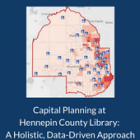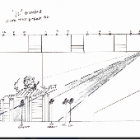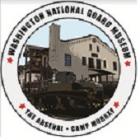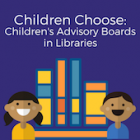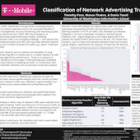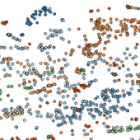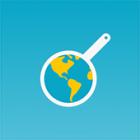Books Behind Bars
What does library access look like for incarcerated youth? There have been few studies on this subject. What we do know is that there is no legal entitlement to library resources for detained youth. This means incarcerated youth have no right to independent legal information, independent sexual health information and even recreational materials. Because Juvenile Justice Systems differ from state to state, the best way to access this information gap is to look at each state individually. The State of Utah served as a pilot study to find the best way to research this area of library science.


